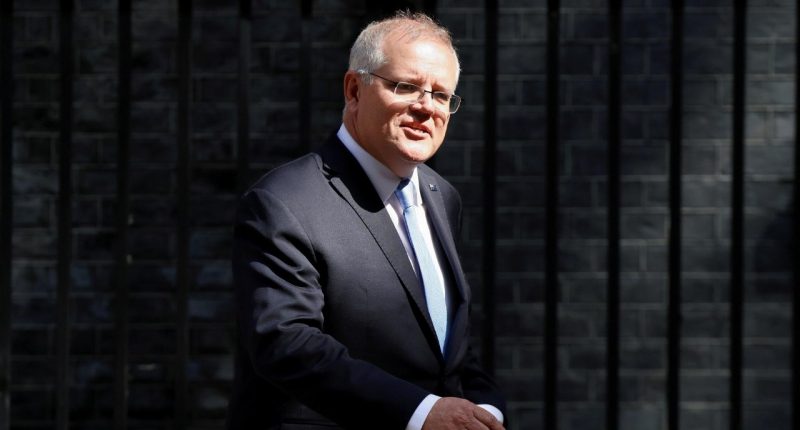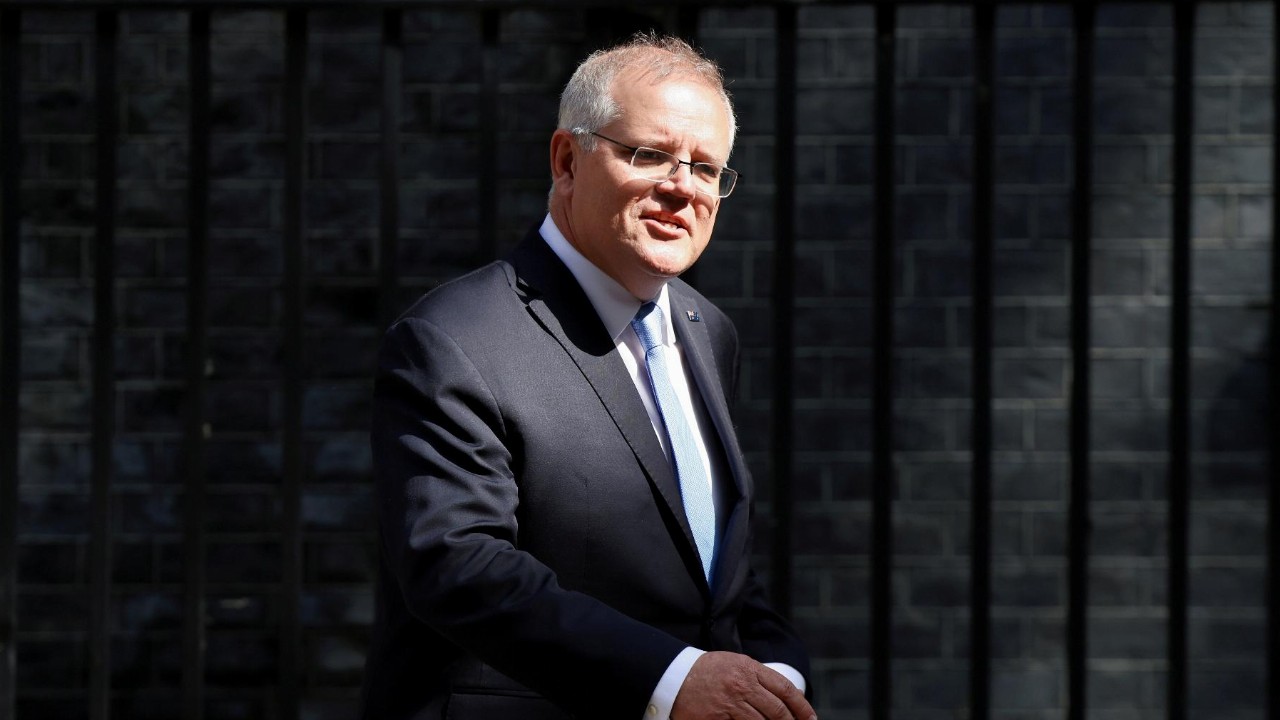- Australia will reopen borders to international students, eligible visa holders, and travellers from Japan and South Korea in December as it passes another vaccination milestone
- Over the weekend, Australia’s double vaccination rate ticked over 85 per cent for adults over 16, triggering the next phase of the country’s border reopening plan
- From December 1, eligible visa holders can travel to Australia without needing to apply for a travel exemption, provided they are double-jabbed
- At the same time, Australia will open travel bubbles with Japan and South Korea, much like the one with Singapore that opened over the weekend
- New arrivals will still need to follow the quarantine rules of the state or territory to which they’re travelling, meaning travel will only be quarantine-free in QLD, NSW, and the ACT
Australia is reopening its borders to international students, eligible visa holders, and travellers from Japan and South Korea in December as it passes another vaccination milestone.
Over the weekend, Australia’s double vaccination rate ticked over 85 per cent for adults over 16, triggering the next phase of the country’s border reopening plan.
In light of the milestone, fully vaccinated visa holders can travel to Australia without needing to apply for a travel exemption from December 1.
Eligible visas under the new scheme will include international student visas, working and holiday visas, prospective marriage visas, and skilled work visas, among others.
Prime Minister Scott Morrison said the new border rules mean Australians can look forward to the Christmas holiday season in ways few countries around the world can.
“The return of skilled workers and students to Australia is a major milestone in our pathway back; it’s a major milestone about what Australians have been able to achieve and enable us to do,” the Prime Minister said.
It’s expected some 230,000 visa holders will be able to travel to Australia once the new rules are in place — a much-needed influx of people for Australian industries plagued by labour shortages in light of a lack of international workers.
Finance Minister Simon Birmingham said the new rules meant international students would be back at uni next semester, bringing with them a major boost to the Australian economy.
In fact, Treasurer Josh Frydenberg said international students alone were worth roughly $40 billion to the Australian economy.
Alongside eligible visa holders, fully vaccinated Japanese and Korean citizens will also be allowed to travel to Australia from the start of December.
The news follows a similar travel bubble between Australia and Singapore, which opened on the weekend.
State-by-state quarantine rules
While the Federal Government has declared eligible travellers will be allowed to enter the country without an exemption, quarantine rules for new arrivals are still determined by each state or territory.
This means for anyone coming into Australia from the start of December, only those landing in New South Wales, Victoria, and the Australian Capital Territory can enter the country without needing to quarantine.
Travellers wanting to enter other parts of the country will need to follow the quarantine rules of the state or territory to which they plan to travel.







